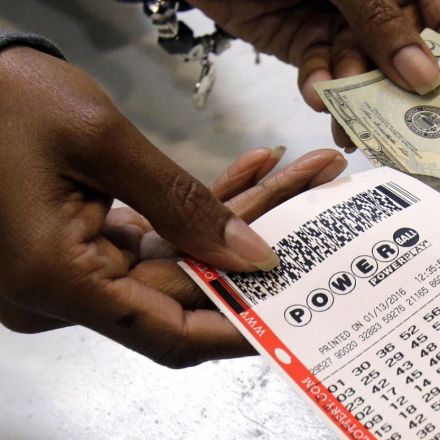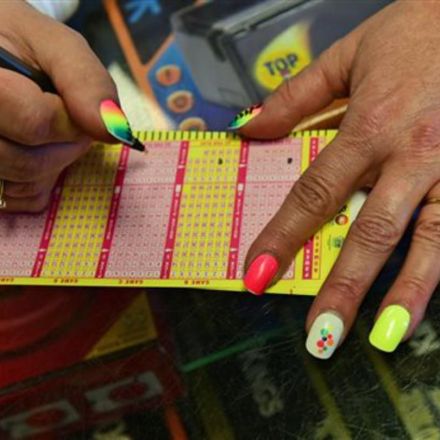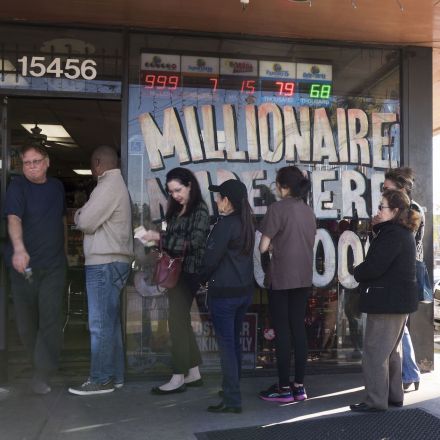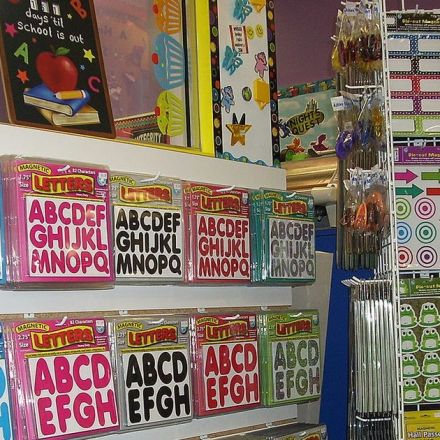If elected officials were sincere about wanting to help the poor, they would ban lotteries
Sure, it’s easy to look at it as a bit of harmless fun, but it really isn’t. For one thing, the lure of a giant jackpot leads people in low-income levels, struggling to make ends meet, to spend dollars they can’t afford for a chance of reversing their fortunes. A 2010 study showed that people with annual household incomes of below $13,000 spend an average of $645 a year on lottery tickets, about 9 percent of their take-home pay.
Continue ReadingA truth about gambling worlrdwide
Gambling, especially state-led and funded gambling indeed does get more attention from people at the lower strata of society, who hope that by a scratch card, a lottery ticket, a complex bet, they may manage to turn their luck around and find "magically" the money they lack to live the consumerist dream, we are all brought up to believe as the normal route that our lives have to follow. A good house, full of all the necessary appliances, big TVs, game stations etc., a big car or more, for each member of the family, the ability to travel wherever we wish, the ability to buy whatever we wish and if possible buy systematically new things we believe we need is the zeitgeist of our times. And the same dream is sold to the unemployed, the uninsured, the people on the poverty line or even below that. From my personal experience, in the UK gambling is the passtime of the poor, of people on minimum wage or in part time jobs that are linked at the same time to state benefits. Betting shops are so regular as pawn shops, 3 to 5 on the same highstreet, both with plenty of customers daily.





























Join the Discussion